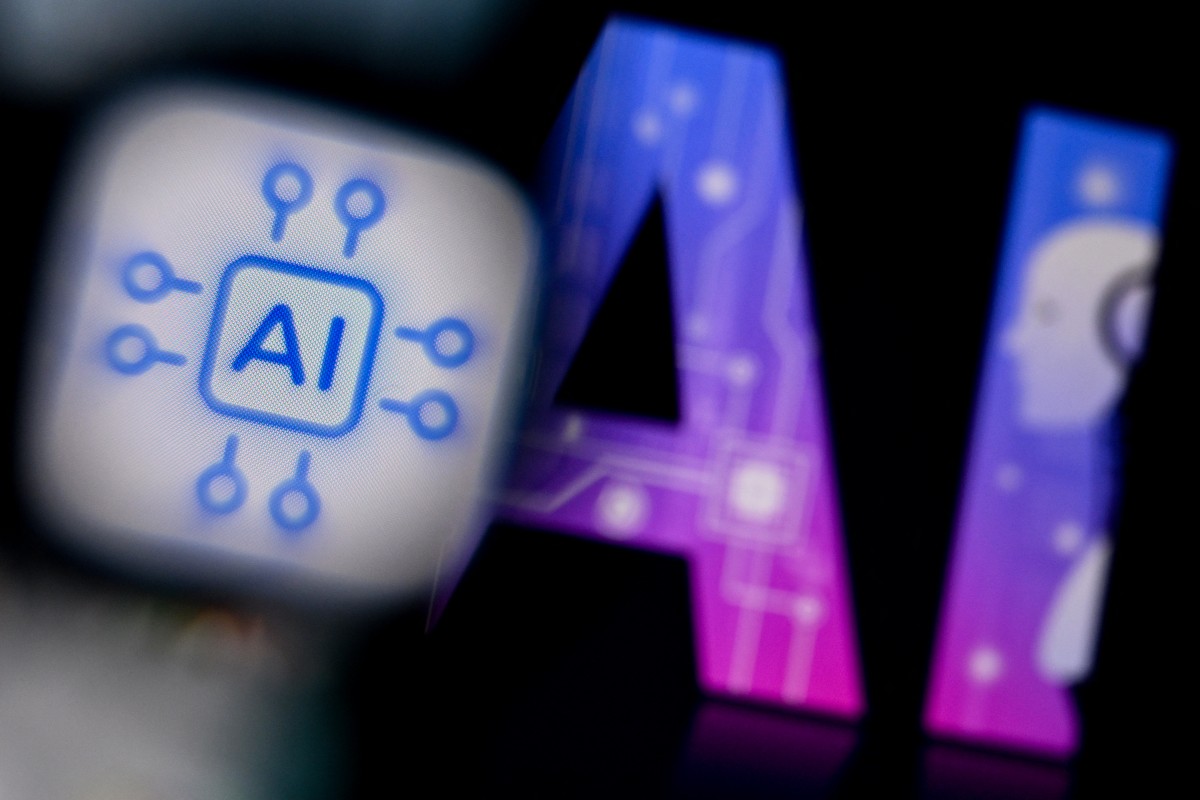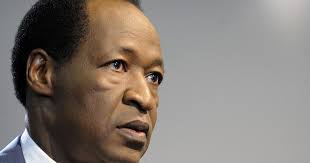AI: Investing in Venture Capital’s New Obsession
With ChatGPT, which can develop computer code, write stories, draw drawings, and more with simple text inputs, OpenAI ignited a generative AI frenzy.
Silicon Valley investors have gone crazy with artificial intelligence after ChatGPT’s incredible success a year ago. They’re constantly searching for the next big thing amid a sea of hype and overpromising.
With ChatGPT, which can develop computer code, write stories, draw drawings, and more with simple text inputs, OpenAI ignited a generative AI frenzy.
Venture investors have immediately doubled down on artificial intelligence (AI), a new promised land in the never-ending chase for massive tech riches, after being hurt by the failures of cryptocurrencies and other failed Silicon Valley fads in recent years.
After meeting with a number of investment fund directors, Denis Barrier, co-founder of the venture capital firm Cathay Innovation, told AFP that for the large investors, “if it’s not AI, it’s not worth it.”
According to Barrier, “funds are looking to make big moves.”
“And in the next few years, that’s pretty unlikely outside of AI.”
While budget cuts and layoffs became commonplace at internet companies last year, according to market tracker Crunchbase, startups in the AI space attracted close to $50 billion from investors.
During the initial phase of the AI boom, a lot of capital was allocated to businesses creating the massive language models that enable generative AI capabilities.
PitchBook reports that a record $29 billion was invested in generative AI in 2023.
“Cost lives” – However, developing foundational models from the ground up requires enormous computational resources, the majority of which can only come from the wealthiest backers, including Google, Microsoft, Amazon, and Nvidia, and go to select few like Anthropic and OpenAI.
This week, Microsoft made a fresh investment in Mistral, the popular French business creating its own models, following funding from some of Silicon Valley’s wealthiest investors, such as Nvidia and Andreessen Horowitz, one of the industry’s most active firms.
In his “Techno-Optimist Manifesto,” famed venture capitalist Marc Andreessen stated last year, “We believe that any slowdown in AI will cost lives.”
However, many venture capitalists have shifted their focus to more narrowly focused AI businesses that have the potential to disrupt the banking, healthcare, energy, and other industries because they are intimidated by the entry barrier.
Recently, Bioptimus, a French biotech startup using AI to develop novel medications, received funding from Cathay.
Barrier indicated in his downtown office with a view of San Francisco Bay that Cathay looked at engineering skill, data access, cost restrictions, and a goal to alter a sector while searching for promising startups.
Barrier stated, “You have to have a little faith.”
A successful application has the potential to spread quickly, therefore you need to get there first!
“In actuality”
Last week, Loora, an Israeli firm that teaches English through generative AI, raised $12 million.
With a price tag that is comparable to a Netflix membership, over 15,000 users have downloaded Loora’s mobile applications, which teach English through conversation.
From his Tel Aviv headquarters, Loora co-founder Roy Mor told AFP that simply embracing AI is not going to attract investors.
According to him, what businesses really need is more of the appropriate data to enhance the app and user experience.
“I believe there are still a lot of use cases where AI really shines and solves problems,” he stated.
As of right now, the business sector holds the greatest promise for returns on investment, which is why a lot of startups are concentrating there.
The leader in large-scale data analysis, or the core of artificial intelligence, Alembic, recently raised $14 million.
The startup assesses marketing campaign efficacy using methods initially created to analyze health data during the coronavirus outbreak.
Jeffrey Katzenberg, the co-founder of DreamWorks and former chairman of Walt Disney Studios, founded WndrCo, a venture capital firm that is supporting Alembic.
The former Hollywood heavyweight told AFP, “AI is real.”
“This is a positive revolution rather than an evolution.”



